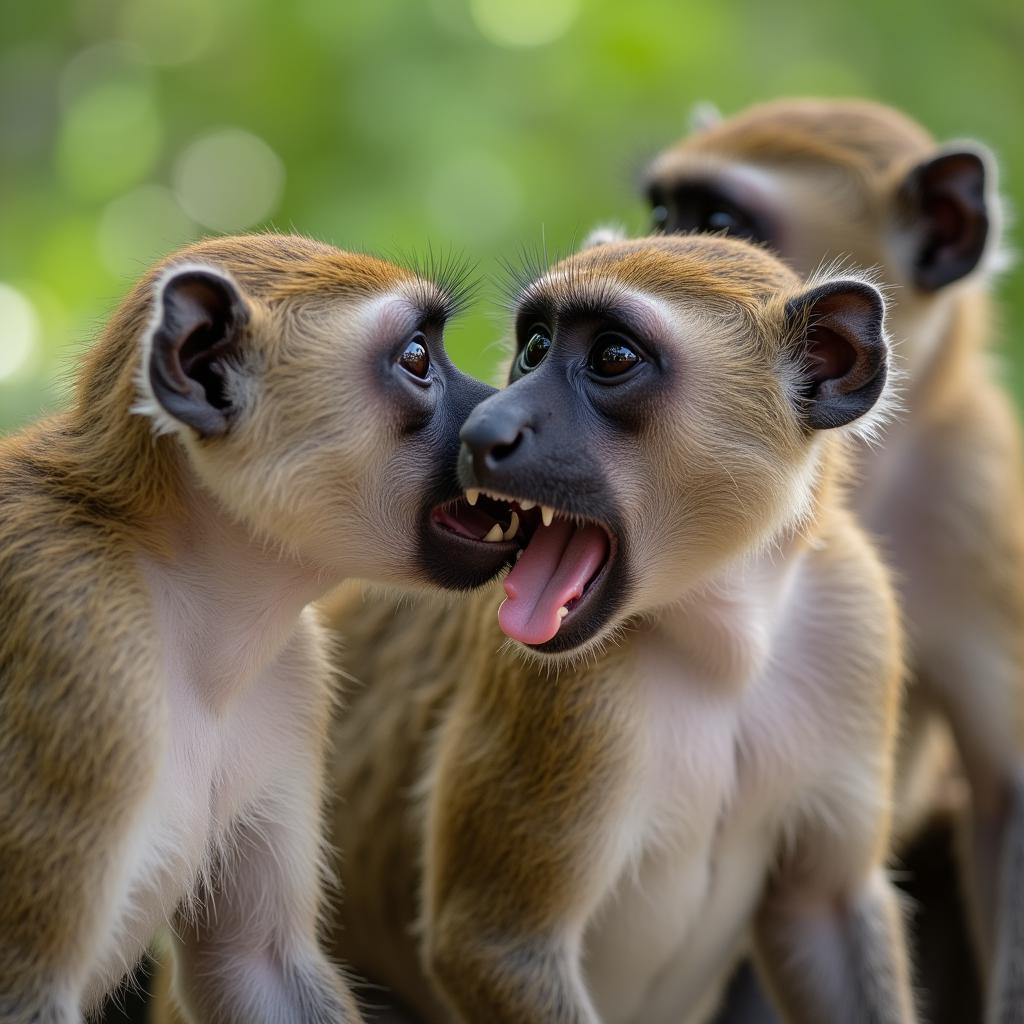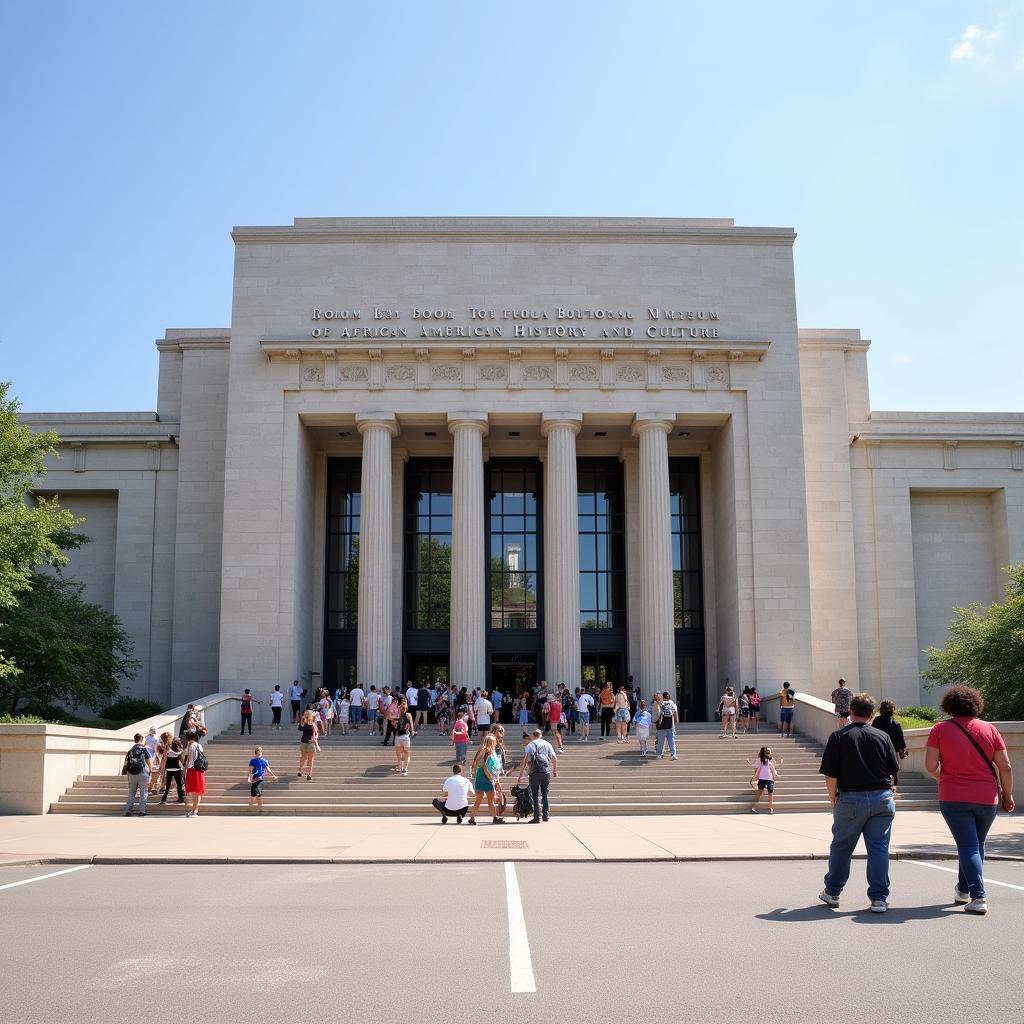The African Land Tortoise: A Gentle Giant of the Savannah
The African Land Tortoise, a captivating creature of the African continent, embodies resilience and longevity. These gentle giants roam the savannahs and grasslands, playing a crucial role in the ecosystem. This article delves into the fascinating world of African land tortoises, exploring their diverse species, unique characteristics, and the challenges they face. Just after hatching, these tiny reptiles embark on a journey of survival, navigating a world full of predators and environmental challenges.
Understanding the diverse species of African land tortoises is key to appreciating their unique adaptations and conservation needs. From the Sulcata tortoise, known for its massive size, to the Leopard tortoise with its distinctive markings, each species has evolved unique characteristics that allow it to thrive in specific habitats. For example, the Pancake tortoise, with its incredibly flat shell, can squeeze into tight crevices for protection. The African spurred tortoise, or Sulcata tortoise, is one of the largest tortoise species in the world. Learn more about the fascinating musical instruments of the continent at African Chordophones.
Delving into the Diet and Habitat of the African Land Tortoise
What does an African land tortoise eat? These herbivores primarily graze on grasses, leafy greens, and succulents, contributing to seed dispersal and vegetation management within their ecosystem. Their habitat preferences vary depending on the species, ranging from arid deserts to humid forests. Understanding these habitat preferences is crucial for effective conservation efforts. Some species, like the Hinge-back tortoise, prefer forested areas, while others thrive in the open grasslands.
The Importance of Conservation for African Land Tortoises
The African land tortoise faces numerous threats, including habitat loss due to human encroachment and the illegal pet trade. Conservation initiatives are crucial for ensuring the long-term survival of these magnificent creatures. Protecting their natural habitats and raising awareness about responsible pet ownership are key steps in safeguarding their future. The enchanting world of African folktales offers a glimpse into the rich cultural heritage of the continent. Discover the captivating story of “The Lion’s Whisker” at African Folktales The Lion’s Whisker.
Unique Characteristics of the African Land Tortoise
African land tortoises possess a remarkable lifespan, with some individuals living for over a century. Their slow and steady pace of life is reflected in their growth, which can take several decades to reach full maturity. Their sturdy shells provide excellent protection against predators, allowing them to navigate the African landscape with relative safety. The desert poses unique challenges for both plants and animals. Learn about the diverse flora and fauna that thrive in these harsh conditions at African Desert Animals and Plants.
The Role of the African Land Tortoise in the Ecosystem
As herbivores, African land tortoises play a vital role in shaping the vegetation of their habitats. Their grazing habits help control plant growth and contribute to seed dispersal. They also serve as a food source for some predators, highlighting their interconnectedness within the ecosystem.
Dr. Anika Nkosi, a renowned herpetologist specializing in African reptiles, emphasizes the importance of understanding these creatures: “African land tortoises are not just fascinating animals; they are integral components of their ecosystems, and their conservation is paramount for maintaining biodiversity.”
Caring for an African Land Tortoise as a Pet
While owning an African land tortoise can be a rewarding experience, it requires careful consideration and commitment. Providing a suitable environment, including ample space, proper temperature regulation, and a balanced diet, is crucial for their well-being. Potential owners should thoroughly research the specific needs of their chosen species before bringing one home. Considering a relaxing getaway? Check out the alluring options available at an African Island Resort Entrance Fee.
Professor Jabari Olufemi, a leading expert in wildlife conservation, advises, “Responsible pet ownership involves understanding the long-term commitment required to care for these animals and ensuring their welfare is prioritized.”
In conclusion, the African land tortoise, a symbol of resilience and longevity, plays a crucial role in the African ecosystem. Understanding their diverse species, unique characteristics, and the challenges they face is essential for their continued survival. By supporting conservation efforts and promoting responsible pet ownership, we can help protect these gentle giants for generations to come.
FAQ:
- What is the lifespan of an African land tortoise? They can live for several decades, sometimes exceeding 100 years.
- What do African land tortoises eat? They are herbivores, primarily consuming grasses, leafy greens, and succulents.
- What are the main threats to African land tortoises? Habitat loss and the illegal pet trade are significant threats.
- How can I help protect African land tortoises? Support conservation organizations and promote responsible pet ownership.
- Are all African land tortoises the same size? No, sizes vary significantly between species, from the relatively small Pancake tortoise to the giant Sulcata tortoise.
- Can I keep an African land tortoise as a pet? Yes, but it requires significant commitment and research to provide proper care.
- What kind of habitat does an African land tortoise need? The specific habitat requirements vary depending on the species, ranging from arid deserts to humid forests.
Other questions you might have:
- How do African land tortoises reproduce?
- What are the specific characteristics of different African land tortoise species?
- What are the legal requirements for owning an African land tortoise?
For further information and assistance, don’t hesitate to contact us:
Phone: +255768904061
Email: [email protected]
Address: Mbarali DC Mawindi, Kangaga, Tanzania.
Our customer care team is available 24/7.


